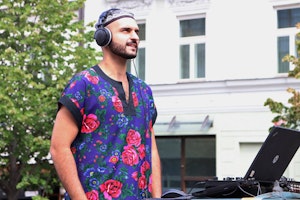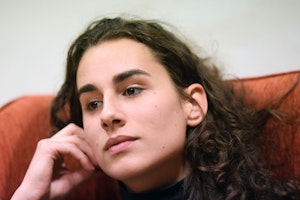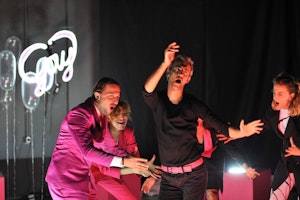A New Champion for LGBTI Rights in Bulgaria
By Gregory Czarnecki
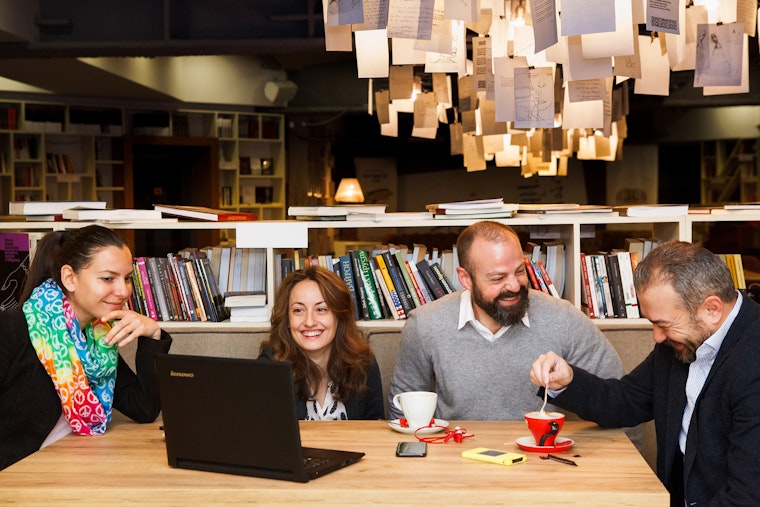
In the summer of 2015, Ivan Dimov got an uncomfortable look at what it was like to be young and gay in Bulgaria.
According to a recent report by the European Commission, Bulgaria is one of the least LGBTI-friendly places in Europe. Workplace and housing discrimination is common. Violence and harassment directed at LGBTI people is “widespread,” reports the UN High Commissioner for Human Rights [PDF].
While at a party outside Sofia, Bulgaria’s capital city, a young man asked Dimov, a native Bulgarian who had spent 25 years living in New York, if they could talk. “He was nervous and not comfortable to be talking to a stranger,” Dimov explained. “But he didn’t know where else to go.”
The young man approached Dimov because Dimov was the only “out” person he knew. The young man had told his mom he was gay, he said, and she had responded by sending him to a psychiatrist who told him that he could be “cured.” (In Bulgaria, “conversion therapy” is widely accepted as a method to “treat” LGBTI people.)
The young man at the party told Dimov how one trauma had led to another. He ran away from home. He tried to commit suicide. When he appealed to Dimov—a complete stranger—Dimov was stunned. “He was completely alone,” Dimov explained. “He had no one to talk to.”
After learning more about the young man’s story, Dimov decided to return to Bulgaria, his home country, to set up an organization that would provide support and guidance to young LGBTI people in Bulgaria, as well as their parents and their friends.
In 2016, he established Single Step, which operates an online chat room for teens and is staffed by trained volunteers. “For a lot of these young people, they need to speak to another human being about the challenges they face,” Dimov said. “We want to provide something that will address the real pain—the pain of being alone—that so many of these young people feel.”
Since Single Step’s chat capabilities became operational in 2017, it has engaged in online conversations with hundreds of teens and young adults. As Dimov suspected, the experience of the young man he met at the party is relatively common.
Asked for the story of a typical teen that reaches out to Single Step, Dimov points to a young man who attended “a prominent high school” in Sofia. He told his mother (“It’s almost always the mother,” Dimov says) that he was gay, and she kicked him out of the house. He lived with friends for weeks. The mother eventually let him come home, but on the condition that he tell no one about his sexual orientation.
While Single Step attempts to help young people one by one, it also has begun to try to address the “ingrained ignorance” that Dimov believes is at the root of widely held misperceptions about LGBTI people.
“Homophobic attitudes are a part of the problem in Bulgaria,” Dimov explained recently. “But most people don’t hate gay people; they just don’t know gay people. The enemy is plain ignorance.”
Single Step organizers have initiated a public awareness campaign that captures individuals’ stories on video and presents them on the organization’s website. Soon they plan to launch awareness campaigns targeting LGBTI youth as well as their parents.
Single Step also plans to launch a telephone hotline and community center in Sofia in 2018. The organization has also penned a number of partnerships with major companies, including Google.
Single Step joins an active community of LGBTI rights organizations operating in Bulgaria including Bilitis (founded in 2004), LGBT Deystvie (founded in 2010), and the Glas Foundation. Organizers say that an additional voice standing up for LGBTI people in Bulgaria is welcome.
“Ivan has pumped new energy into a movement constantly under attack,” said Steve Taylor, a spokesperson for ILGA-Europe, an organization advocating for LGBTI rights. “There is potentially a useful tension between his high-profile approach to advocacy and the dominant theme in the culture to stamp out LGBTI issues and force LGBTI people underground.
“In a place where there are few role models for young LGBTI people, Ivan has stepped into the void,” said Taylor. “He attacks the problem of homophobia in ways you can’t help but notice.”
A recent example of Dimov’s energetic, attention-grabbing approach: to raise money for his nascent organization, he set a goal to do 10,000 pull-ups, push-ups, and squats in a day. He accomplished his goal in 15 hours. In a promotional video about the experience, he says, “I don’t know pain,” as the camera zooms in on his hands and fingers, bandaged from the stress of doing so many exercises.
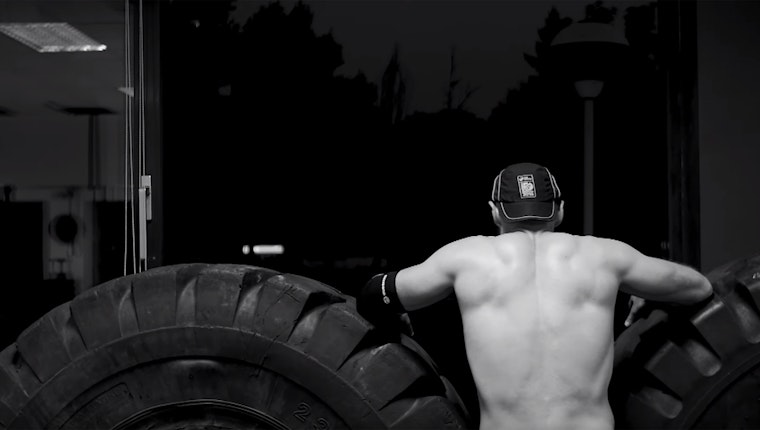
“Pain,” he says in the video, “is the experience of being called a faggot, a freak. Pain is being different. Pain is when everyone watches and no one helps.” The video continues with Dimov relentlessly exercising. “I am strong,” he says, “because pain may decide to choose me, but I choose not to suffer.”
Single Step is a grantee of the Open Society Foundations.
Greg Czarnecki is the LGBTI program officer of the Open Society Human Rights Initiative.
